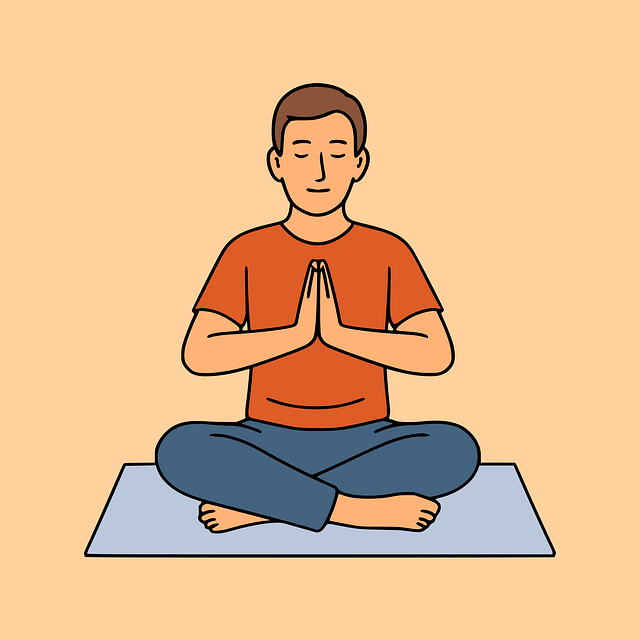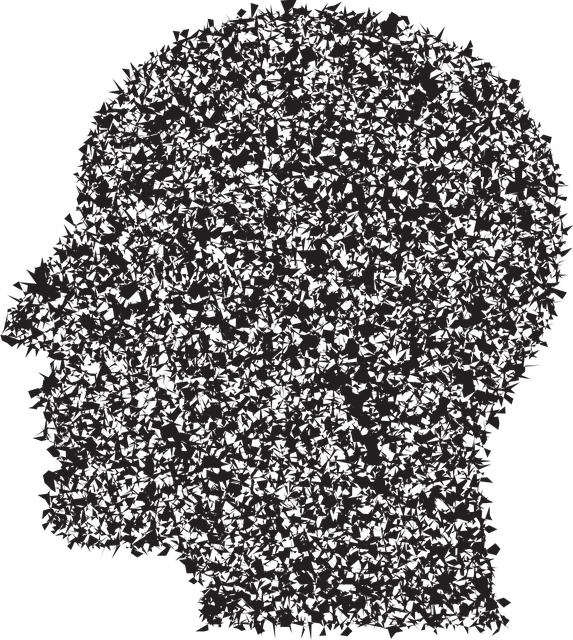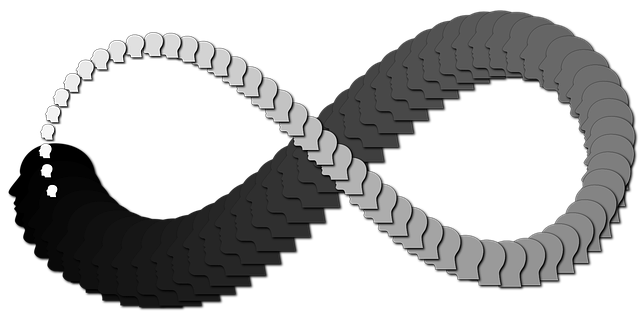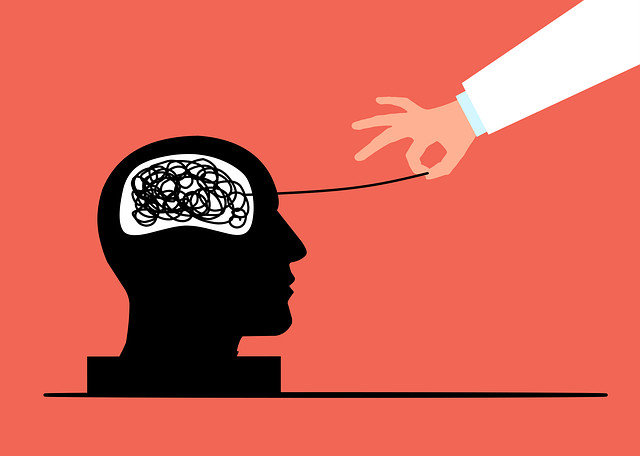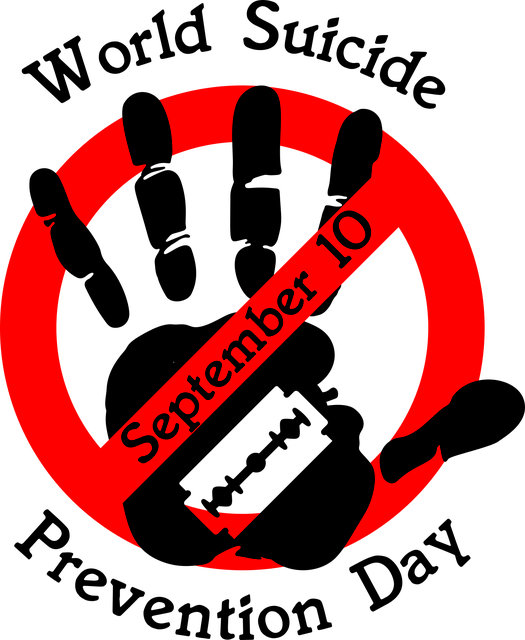Resilience is a key asset in navigating life's challenges, especially for individuals with ADD/ADHD. Recovery-Focused Therapy (RFM) provides a structured approach to enhance resilience by teaching emotional regulation skills and stress management strategies. Superior ADD-ADHD Therapy leverages RFM, risk assessments, and emotionally intelligent practices to revolutionize care, empowering individuals to lead satisfying lives through adaptability and resilience. Tools like Crisis Intervention Guidance and The Mental Wellness Podcast Series cater to diverse learning styles and create a supportive system for sustainable mental wellness. Integrating structured training programs tailored for ADHD into traditional therapy significantly improves coping mechanisms and well-being. Measuring success using metrics like focus improvement, cognitive function, and reduced anxiety symptoms shows RFM's positive impact. Ongoing support and best practices are crucial for maintaining resilience through RFM exercises in comprehensive therapy programs like Superior ADD-ADHD Therapy.
Resilience is a vital component of superior ADD-ADHD therapy, and RFM (Resources, Facilities, Methods) plays a pivotal role in building it. This article explores how implementing RFM exercises can enhance patient outcomes. We’ll guide you through understanding the core principles of RFM, identifying essential resources, integrating resilience strategies into ADHD therapy, measuring success, and maintaining momentum for continuous support. Discover best practices to revolutionize ADD-ADHD treatment and foster long-lasting resilience in patients.
- Understanding RFM and Its Role in Resilience Building
- Identifying Resources for Effective Implementation
- Strategies for Integrating Resilience Exercises into ADD-ADHD Therapy
- Measuring Success: Evaluating the Impact of RFM on Patient Outcomes
- Best Practices for Sustaining Resilience Through Continuous Support
Understanding RFM and Its Role in Resilience Building

Resilience is a vital asset in navigating life’s challenges and adversities. RFM, or Recovery-Focused Therapy and Practice, offers a powerful framework to enhance resilience, especially for individuals with ADD/ADHD. This therapeutic approach recognizes that building emotional regulation skills is key to fostering adaptability and bounce-back abilities. By focusing on these mechanisms, mental health professionals can help clients manage stress, anxiety, and mood swings more effectively.
Incorporating RFM strategies involves a comprehensive risk assessment tailored for mental health practitioners. This process ensures a nuanced understanding of an individual’s unique challenges, enabling the design of personalized interventions. Emotional intelligence plays a significant role here; therapists must be adept at recognizing and managing their emotions while facilitating clients’ emotional intelligence development. Through these means, Superior ADD-ADHD Therapy can revolutionize care, empowering individuals to lead more fulfilling lives despite life’s uncertainties.
Identifying Resources for Effective Implementation

Identifying Resources for Effective Implementation
In navigating the landscape of resilience-building exercises, it’s paramount to recognize and harness available resources that can significantly enhance their impact. This involves a strategic search for tools tailored to cater to diverse learning styles and needs, especially within the context of ADD/ADHD therapy. Superior ADD-ADHD Therapy, when integrated with Crisis Intervention Guidance, can form a powerful synergy for fostering mental wellness. The Mental Wellness Podcast Series Production offers an engaging avenue to deliver guidance, allowing experts to share insights and strategies that promote inner strength development.
Leveraging these resources ensures that exercises are not only effective but also accessible and appealing to participants. By incorporating diverse methodologies, facilitators can create a vibrant tapestry of support, enabling individuals to build resilience in sustainable ways. This holistic approach, guided by crisis intervention expertise, contributes to the overall success of implementing resilience-focused programs.
Strategies for Integrating Resilience Exercises into ADD-ADHD Therapy

Integrating resilience exercises into ADD-ADHD therapy offers a comprehensive approach to enhancing individuals’ coping mechanisms and overall well-being. These strategies can be tailored to suit various therapeutic settings, ensuring that clients develop robust adaptive skills. One effective method is incorporating structured resilience training programs designed specifically for attention-deficit/hyperactivity disorders (ADHD). Such programs focus on teaching mindfulness techniques, emotional regulation strategies, and problem-solving abilities, empowering individuals to manage their symptoms more effectively.
The Mental Wellness Podcast Series Production highlights the importance of creating engaging and educational content that normalizes the discussion around ADHD. Through interactive discussions and real-life examples, therapists can guide clients in understanding their unique challenges and fostering a sense of self-efficacy. By combining these strategies with traditional therapy practices, superior ADD-ADHD therapy becomes a catalyst for boosting confidence and promoting mental wellness among individuals navigating this neurodevelopmental condition.
Measuring Success: Evaluating the Impact of RFM on Patient Outcomes

Measuring Success is a critical step in evaluating the effectiveness of RFM (Rest, Focus, and Movement) exercises as a form of Superior ADD-ADHD Therapy. The impact on patient outcomes can be assessed through various metrics, including improved focus, enhanced cognitive function, and reduced symptoms of anxiety or depression. Studies have shown that regular practice of RFM techniques can significantly contribute to Burnout Prevention among individuals with ADD/ADHD by promoting self-regulation and mental clarity.
Moreover, Compassion Cultivation Practices integrated into RFM routines can foster a sense of well-being and empathy, positively influencing social interactions and overall Mental Health Awareness. By combining physiological rest, targeted focus exercises, and gentle movement, RFM offers a holistic approach to treating ADD/ADHD, potentially leading to lasting improvements in quality of life.
Best Practices for Sustaining Resilience Through Continuous Support

Maintaining resilience is an ongoing process that requires consistent support and care. When implementing RFM exercises, it’s vital to adopt best practices that ensure long-term benefits. One effective strategy is integrating these exercises into a comprehensive therapy program, such as Superior ADD-ADHD Therapy, which addresses various mental health aspects simultaneously. This holistic approach not only enhances resilience but also provides individuals with tailored tools to navigate challenges.
Continuous support can be offered through regular sessions with trained professionals who can adapt exercises to suit individual needs. Trauma Support Services and Depression Prevention programs can incorporate RFM techniques to foster a sense of empowerment and self-efficacy. Additionally, Mental Illness Stigma Reduction Efforts can benefit from these practices, as they promote understanding and acceptance, creating a supportive environment essential for resilience building.
Implementing Resilience, Flexibility, and Motivation (RFM) exercises in superior ADD-ADHD therapy can significantly enhance patient outcomes. By understanding RFM’s role, identifying suitable resources, integrating exercises into treatment plans, measuring impact, and fostering continuous support, therapists can empower individuals to navigate challenges more effectively. This holistic approach promises lasting improvements in resilience, making it a valuable tool for enhancing the quality of life for those with ADD-ADHD.
